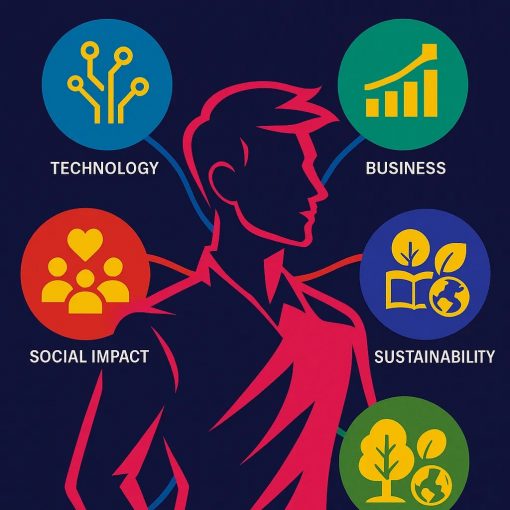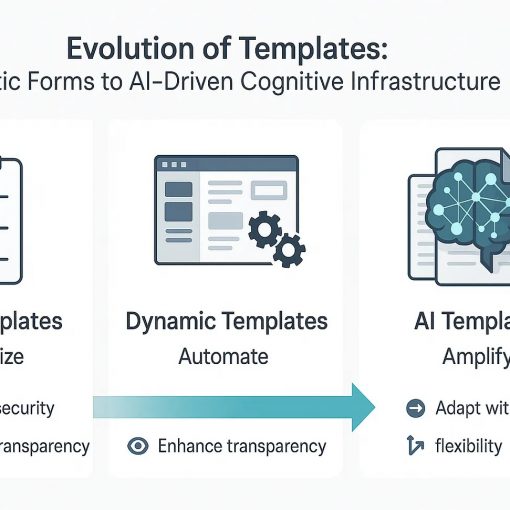Preamble
Darwinian Philosophy in Western Politics and Economics: Part 1 showed how “survival of the fittest” thinking powers innovation while deepening inequality inside Western economies. Part 2 turns the lens outward, tracing how the same mindset has shaped relations with the Global South—from colonial conquest to contemporary finance and trade—and proposing a framework based on mutual prosperity and cooperative resilience.
A outline analysis of the structural barriers facing Global South countries—including systematic external interference and local governance failures—appears in the appendix immediately below; readers seeking deeper evidence and data should start there before moving to the action plan. This post is for discussion and does not reflect my personal thoughts on the issue.
Substack version: Darwinian Philosophy in Western Politics and Economics – Part 2
1 Historical Legacy: Hierarchy as Destiny
- Colonial doctrine of civilisational superiority Social-Darwinist rhetoric rationalised conquest, resource extraction and cultural erasure.
- Path-dependency Artificial borders, monocrop economies and governance structures built for extraction still hamper diversification and democratic consolidation.
- Epistemic dominance Western institutions became gatekeepers of “modern” knowledge, marginalising indigenous systems and South-centric scholarship.
2 Contemporary Manifestations of Darwinian Engagement

3 Negative Outcomes
- Resource-curse intensification Oil, mineral and timber wealth rarely translate into broad-based development.
- Democratic undermining Military coups, foreign interference and elite capture erode institutions.
- Environmental degradation Extractive projects proceed with weak safeguards, shifting ecological costs southward.
- Social disruption and migration Economic precarity and conflict drive large-scale outward migration, reshaping demographics in both regions.
4 Blow-back to the West
With intra-Western trade nearing saturation, stagnant demand collides with rising migration and security pressures. Meanwhile, China’s Belt & Road Initiative offers an alternative partnership model—prompting Western scepticism rooted partly in market competition, partly in entrenched notions of strategic dominance.
5 From Darwinian Rivalry to Mutual Prosperity
A 21st-century compact must treat Global South states as equal partners confronting shared climate, health and security risks. The philosophical pivot is from “fit to survive” to “fit to cooperate.”
The COMPACT Principles
- Co-operative finance
- Open technology
- Mutual accountability
- Participatory policy space
- Aligned climate action
- Capacity-building transfer
6 PESTLE+ Assessment of a Post-Darwinian Model

7 Comprehensive Remedies
1 Economic Restructuring
- Convert conditional aid into co-owned development funds with equal governance.
- Launch a Debt-for-Development Swap Facility pegged to SDG milestones.
- Embed value-creation ratios (local processing ≥ 40 per cent) in future trade agreements.
2 Technology Sharing
- Establish open-source innovation hubs pairing Northern universities with Southern start-ups.
- Treat broadband and cloud access as global public goods, financed by a modest levy on cross-border data flows.
3 Governance Reform
- Re-weight voting shares in Bretton-Woods institutions according to 2030 GDP-PPP projections.
- Create a Global Anti-Corruption Escrow; flagged assets are held until transparent restitution plans emerge.
- Expand South-South sovereign-wealth co-investment to dilute dependence on any single bloc.
4 Sustainability Solutions
- Operationalise climate-justice payments through automatically triggered insurance pools for extreme-weather events.
- Support resource-sovereignty pacts that limit raw-material exports unless a specified share is refined locally.
8 Conclusion: From Survival to Symbiosis
The West’s Darwinian posture once powered industrial ascendancy—but clinging to it now endangers global stability and Western prosperity alike. A co-operative model is no altruistic luxury; it is a strategic necessity for resilient growth, equitable development and planetary survival.
Appendices
Analysis: External Interference, Internal Governance and Underdevelopment
I. Executive Summary
External interference and local governance failures intersect to sustain underdevelopment. Western post-colonial control mechanisms, together with elite complicity, perpetuate extractive economies, weak institutions and social fragmentation.

III. Systematic Western Interference Patterns
- Political manipulation
- 70 + documented coups and regime-change operations across Africa, Latin America and Asia since 1960.
- Methods: covert intelligence, sanctions, proxy forces, electoral funding.
- Economic control
- Structural-adjustment lending that forced rapid liberalisation and austerity.
- CFA-franc and dollar-pegged currency zones limiting monetary sovereignty.
- Divide-and-rule strategies
- Selective arms sales and security aid to rival factions.
- Manipulation of migration flows and refugee crises for leverage.
IV. Internal Governance Failures

V. Developmental Consequences
- Economic Stagnation Commodity dependence, brain drain.
- Environmental Degradation Resource extraction with weak safeguards; Congo Basin deforestation 1.2 % / yr.
- Migration Pressures Policy-driven precarity drives south-north flows, fuelling political backlash in host states.
VI. Shared Responsibility Framework

VII. Path Forward
Both systemic interference and local governance failures must be tackled in tandem. Climate change, demographic pressures and technological disruption make delay untenable; reform is now a matter of collective survival, not charity.
Appendix A | Implementation Timeline

Appendix B | Monitoring & Evaluation Dashboard (sample indicators)

Key Insight
Abandoning “survival of the fittest” in global affairs does not weaken the West; it future-proofs it. Prosperity in the Global South expands markets, stabilises migration and builds collective capacity for the systemic crises that no bloc can solve alone. The strategic choice is clear: out-compete the periphery or co-create a resilient centre-periphery ecosystem. History—and this analysis—argue for the latter.



